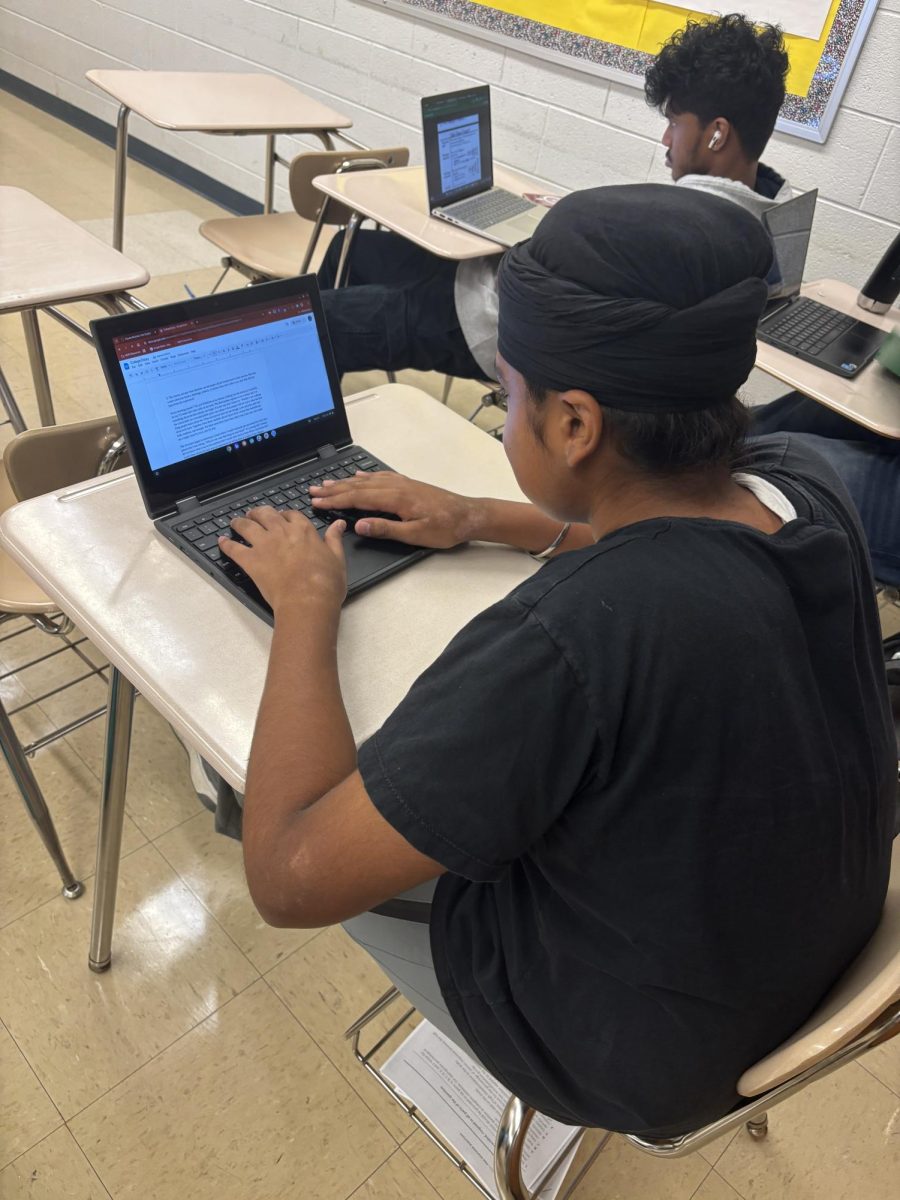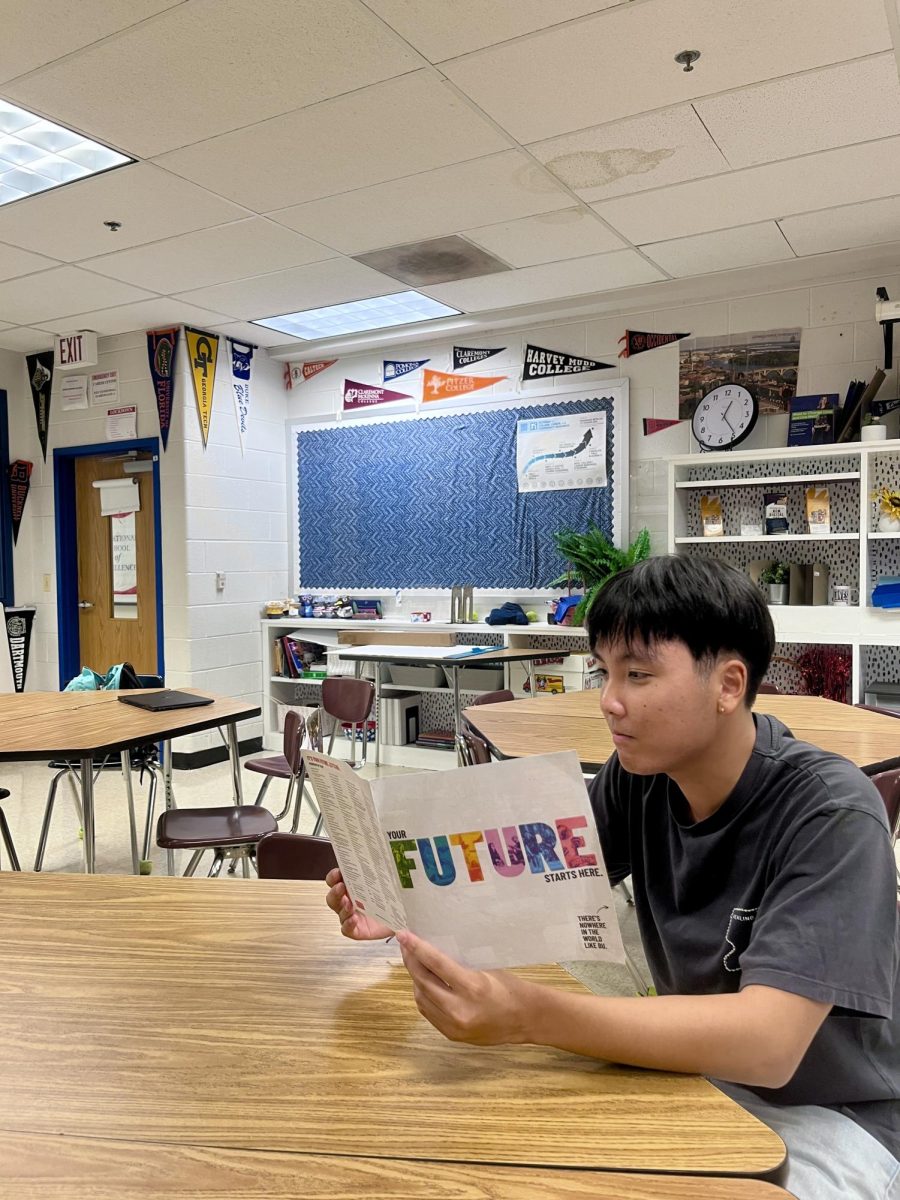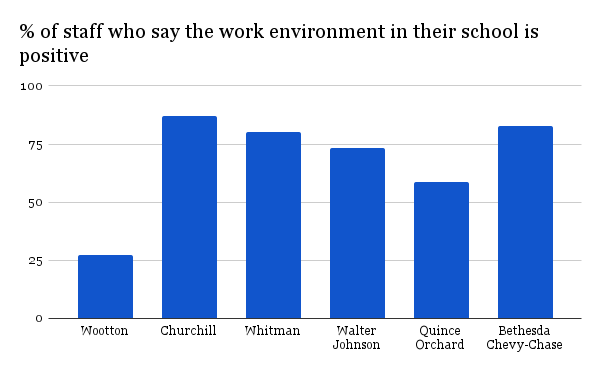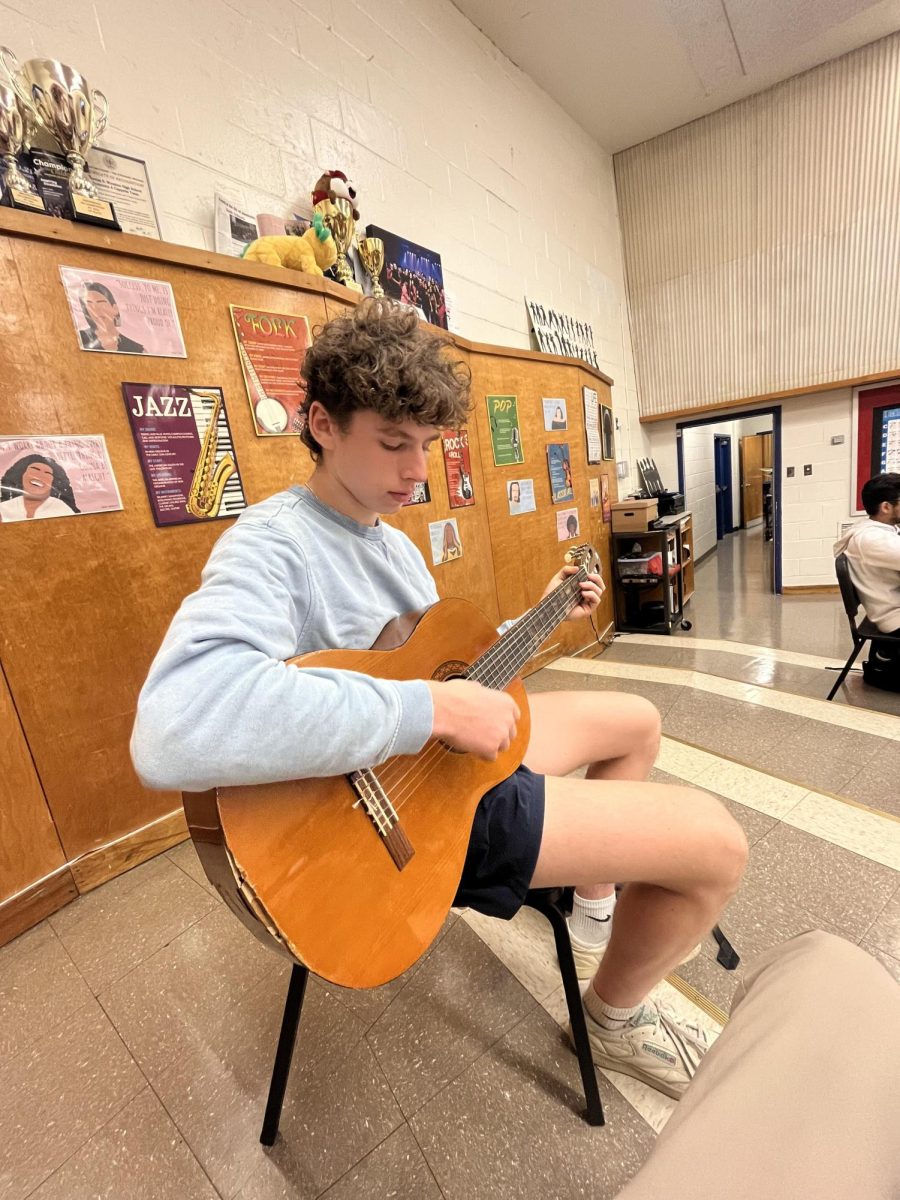Summer break provides students with the opportunity to travel the world, attend camps, and spend time away from the classroom. But for some, the break comes with homework attached. Students enrolled in certain AP classes this year, including AP Seminar and AP Literature, were given summer assignments meant to prepare them for the year ahead.
While some students accepted this as part of the AP class experience, others questioned how beneficial the work actually was. “I liked how it gave an introduction to AP Seminar, but I felt like the assignment closely related to what we are doing in class at the moment,” sophomore Ansh Singh said.
AP Literature students faced a different task, reading “Pride and Prejudice,” by Jane Austen. Teachers expected students to be prepared for a quiz about the book within the first week, making reading the book over summer important. Not everyone was able to keep up with this, “I unfortunately had to drop out of AP Literature because this summer I was not home very often, which gave me less time to get to read the book and made me fall behind in the class,” senior Farai Fraser said.
According to AP Literature teacher Zachary Lowe, the goal of this year’s assignment is to keep expectations simple and not overwhelm students. Lowe said that in past years students have been assigned to do an exam prompt or short response regarding the book. However, this year, the focus shifted to reading comprehension and building a strong foundation for the year as students were solely expected to read the book, partly due to the popularized use of AI. “One of the reasons is AI, just the easy ability if students wanted to type up a summary using Chat GPT, makes the summer reading really easy to do,” Lowe said.
Lowe said he kept in mind that it is summer for students when assigning “Pride and Prejudice,” and felt it was a reasonable expectation because there was not an additional assignment. Lowe noticed that the majority of his class still did not read the assigned book and the quiz that was expected to be given the first week of school had to be pushed back a week later. This benefitted students, giving them extra time to understand the book for students who read it, and giving extra time for students who didn’t read the whole book. “I was happy the quiz got moved back because I only read a little over half of the book and giving me more time to read the book gave me a sigh of relief,” senior Bereket Kebede said.
Although summer is a time for students to have fun, it is expected that students will complete their work that was assigned by their teachers as it can help ease the summer to school transition for challenging AP courses. As teachers continue to reconsider what summer work should look like in an age of growing concerns over AI and student well being, the question still remains: How can teachers and schools best balance preparation with the expectation of summer freedom?




![Editors-in-Chief Ahmed Ibrahim, Helen Manolis, Cameron Cowen, Alex Grainger, Emory Scofield, Hayley Gottesman, Rebekah Buchman and Marley Hoffman create the first print magazine of the year during the October press days. “Only a quarter of the schools in MCPS have programs that are like ours, a thriving, robust program. That makes me really sad. This is not just good for [the student journalists] to be doing this, it’s good for the entire community. What [student journalists] provide to the community is a faith in journalism and that continues for their lifetimes," Starr said.](https://woottoncommonsense.com/wp-content/uploads/2025/10/wmpoFTZkCPiVA3YXA4tnGoSsZ4KmnKYBIfr18p3l-900x1200.jpg)




